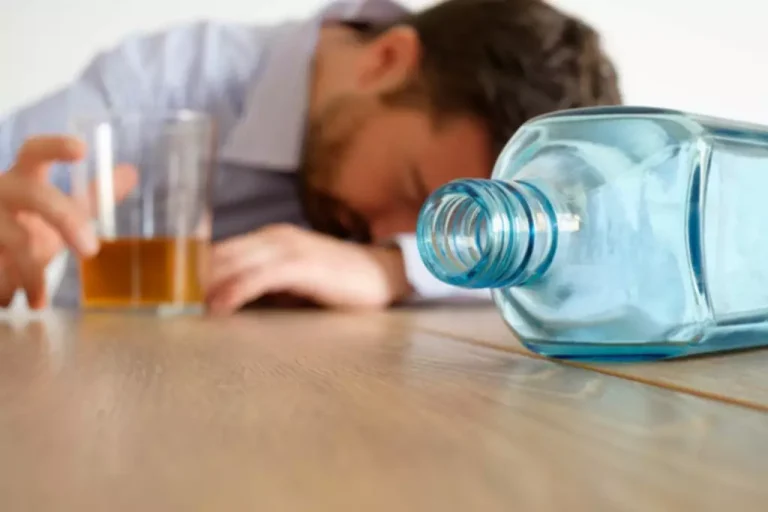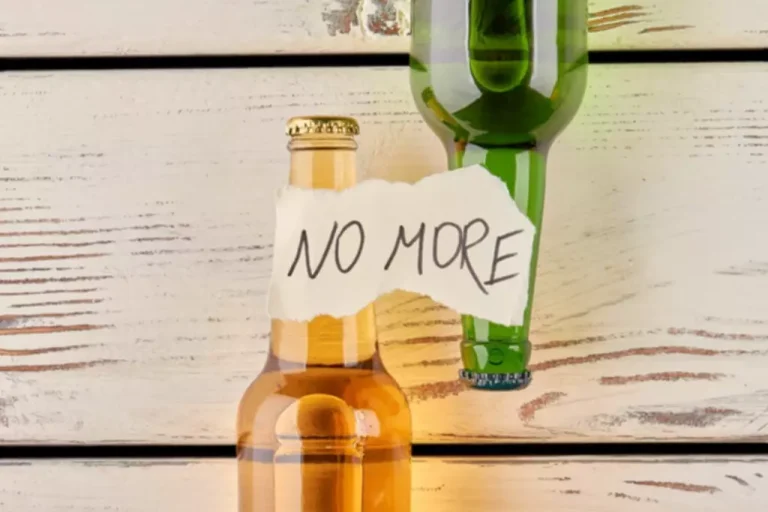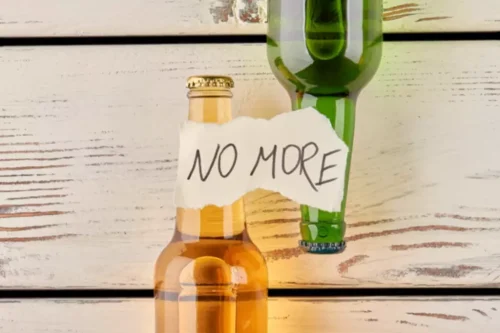
Often overlooked, Vitamin D plays a significant role in bone health, immune function, and mood regulation. Alcohol interferes with the body’s ability to absorb Vitamin D, potentially leading to bone density issues in the long best vitamins for alcoholics term. Furthermore, vitamin C helps the body absorb iron and aids in wound healing. This can be particularly useful for those recovering from alcohol-related liver damage or other physical ailments due to alcohol. Vitamin C helps to keep the skin healthy, and plays an equally important role in the health of bones, teeth and blood vessels.
Which Vitamins are Essential for Drinkers?
This is why it’s essential to consider vitamins for alcoholics or heavy drinkers as part of a healthier lifestyle. Although evidence is still limited, omega-3 fatty acids show promise as an excellent alcohol recovery supplement. Early research suggests that omega-3 interventions may help control issues related to alcohol dependence, reduce withdrawal symptoms, and potentially prevent relapse. Omega-3 supplements may also improve sleep, reduce inflammation, and improve symptoms of depression and anxiety. It can be an especially good alcohol recovery supplement for people with liver damage. Studies show that glycine is useful in treating both alcoholic hepatitis and carcinoma caused by alcoholic cirrhosis.

Best Supplements for Alcohol Recovery

Because heavy drinking and alcohol detox can cause vitamin deficiencies, the use of certain vitamin and mineral supplements during detox is commonly recommended. Getting off alcohol after a period of heavy drinking or alcohol abuse isn’t easy. This typically requires medical and behavioral treatment, beginning with alcohol detox. Detoxing from alcohol can be dangerous for people who have developed alcohol dependence as a result of alcohol abuse.
Vitamin E and Antioxidant Protection
- However, heavy drinkers experiencing severe side effects might consider the following additional supplements.
- Excessive alcohol consumption can contribute to liver disease, cirrhosis, and alcoholic hepatitis.
- Before starting any new supplement, you should first discuss doing so with your doctor.
- If you research the ingredients contained in any of the leading anti-hangover pills, you’ll likely find this gem.
- Further, some supplements may have drug interactions with your existing medications or can worsen other current medical conditions.
And although alcohol itself does not limit the absorption of minerals, alcohol-related problems can result in deficiencies of calcium, magnesium, iron, and zinc. Supplementing with specific vitamins and minerals like thiamine, vitamin C, and magnesium can support your liver’s recovery and restore essential nutrients that AUD has depleted. To prevent anemia and related issues, it is essential to ensure an adequate intake of folic acid and other B-complex vitamins. These vitamins play a critical role in red blood cell production and overall hematological health. Foods rich in folic acid include leafy greens, beans, and fortified grains.
Precautions and Consultation with Healthcare Providers
While there is no single compound that is as effective as multi-nutrient blends, a good place to start is BR Restore, which covers many bases of nutrient repair. There are at least nutrients that have been clinically shown to help people quit drinking and repair their bodies. Which ones are most beneficial for you will depend on your biochemistry. Often there is a process of trial and error to determine the best possible supplement regimens, but luckily there are effective programs that can help.

Iron and Calcium for Blood and Bones
- But once I started supplementing with citicoline, I noticed an improvement in my cognitive function because it increased my levels of acetylcholine and dopamine.
- Some studies have been done on d-phenylalanine, finding it improves alcohol withdrawal symptoms.
- You may also consider taking multivitamin supplements containing B1, B2, B3, B6, and vitamin C to alleviate alcohol withdrawal symptoms.
Some preliminary research also suggests citicoline could help people with alcohol, cannabis and food addiction (10). It’s important to note that withdrawing from alcohol can be particularly dangerous, especially if you’ve been drinking heavily for a long period of time. Seeking help for addiction may feel daunting or even scary, but several organizations can provide support.
Reclaim Your Brain and Mental Health
This approach helps us extend our reach, enabling us to help more individuals take the first, often difficult, step towards sobriety. The vitamin B complex in general, and particularly vitamins B1 (thiamin), B3 (niacin) and B5 (Pantothenic Acid), play a role in turning sugars into energy. Niacin, or vitamin B3, can also be found in pork, as well as in fortified cereals, salmon, and swordfish. Whole grains, milk, eggs, and liver are perhaps the best food sources for B5, or Pantothenic Acid.

The next time I enjoy Haus will likely not be on the rocks, but as part of a cocktail. I’ll mix “New Fashioned” with a favorite bourbon for added depth, and I’ll try the lemon lavender with a splash of processo to create the brand’s recommended spritz recipe. The “New Fashioned” flavor was lighter than I expected and carried an overwhelming taste of clove—one of the flavor’s top ingredients. However, it lacked the classic warmth of an old fashioned and, at times, it even had a slightly medicinal taste rather than an herbal one. However, as a self-described lightweight, one glass of wine paired with a cocktail typically has my head aching by morning, and I’m pleased to report this was not the case with Haus.
Vitamin B12 is only found in animal byproducts, which includes dairy and eggs. The information, including but not limited to, text, graphics, images and other material contained on this website are for informational purposes only. No material on this site is intended to be a substitute for professional medical advice, diagnosis or treatment. Milk Thistle (also known as Mary Thistle) is no stranger to heavy drinkers.
Nutrient deficiencies can contribute to developing or exacerbating depression and other mood disorders, as the body produces less serotonin7. Since alcohol is a depressant, it can easily worsen depression in an Alcohol Use Disorder individual who drinks excessively. Various studies show that vitamin C reduces stress and anxiety and decreases the severity of depression (62-67).
